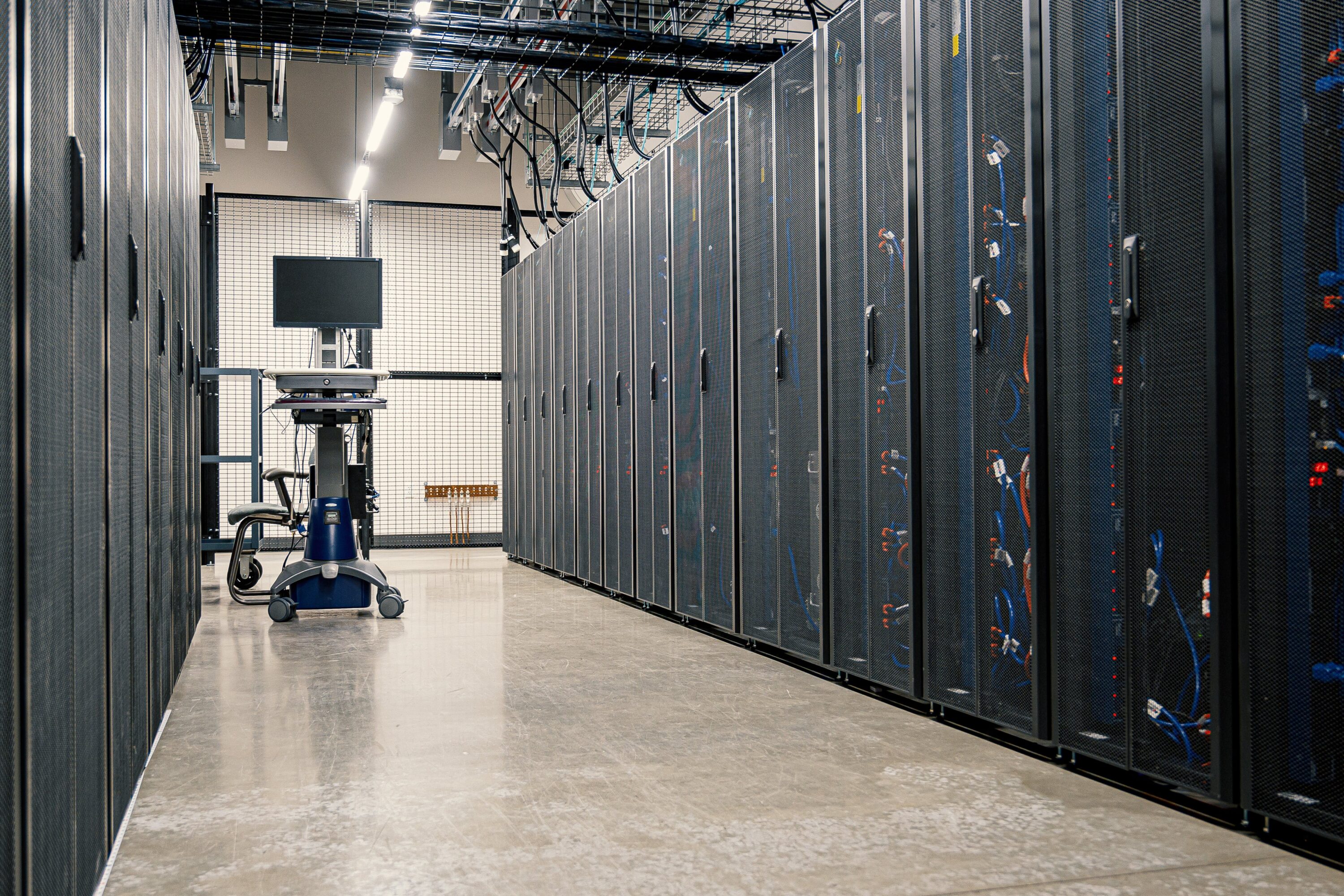
Important Points to consider while designing data center
Designing a data center involves various critical considerations to ensure functionality, reliability, scalability, security, and efficiency. Here are important points to consider:
- Purpose and Requirements: Understand the specific needs and purpose of the data center, including computing power, storage requirements, networking, and future scalability.
- Location and Site Selection: Choose an appropriate location considering factors like proximity to network connectivity, power sources, accessibility, disaster risks, and environmental impact.
- Infrastructure Design:
- Physical Space and Layout: Plan the layout for racks, servers, networking equipment, and aisles for optimal space utilization and airflow.
- Power and Cooling Systems: Design robust power distribution, backup systems (UPS, generators), and efficient cooling systems to maintain ideal temperatures and prevent downtime due to overheating.
- Physical Security: Implement security measures like access controls, surveillance systems, and environmental monitoring to safeguard the facility against physical threats.
- Network Infrastructure:
- Redundancy and Connectivity: Design a resilient network infrastructure with redundant pathways and high-speed connectivity for seamless data transmission and reliability.
- Scalability: Plan for network scalability to accommodate future growth and technological advancements without disruptions.
- Hardware and Equipment Selection: Choose reliable, efficient, and scalable hardware, including servers, storage devices, networking components, and other infrastructure elements.
- Environmental Sustainability: Incorporate energy-efficient technologies, renewable energy sources, and eco-friendly practices to reduce the data center’s carbon footprint.
- Security Measures:
- Cybersecurity: Implement robust cybersecurity measures, including firewalls, encryption, intrusion detection/prevention systems, and regular security audits to protect against cyber threats.
- Data Protection and Compliance: Ensure compliance with data protection regulations (GDPR, HIPAA, etc.) and industry standards for data handling, storage, and privacy.
- Disaster Recovery and Business Continuity: Develop comprehensive plans for data backup, disaster recovery, and business continuity to minimize downtime in case of emergencies or system failures.
- Monitoring and Management Systems: Implement monitoring tools and management systems to track performance metrics, power usage, temperature, and other critical parameters for proactive maintenance and issue resolution.
- Documentation and Standardization: Maintain detailed documentation of the data center’s infrastructure, configurations, and operational procedures for effective management and troubleshooting.
- Compliance and Regulations: Ensure adherence to relevant industry standards, local regulations, and compliance requirements throughout the design and operation of the data center.
- Budget and Cost Analysis: Conduct thorough cost analysis considering construction, equipment, maintenance, and operational costs to ensure cost-effectiveness and budget adherence.
Designing a data center requires careful planning and integration of various technical, operational, security, and environmental considerations to create a reliable, secure, and efficient facility that meets current needs and allows for future growth.
